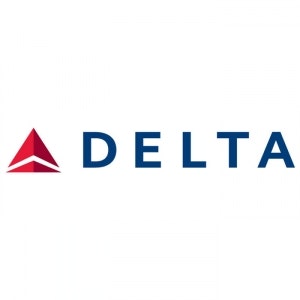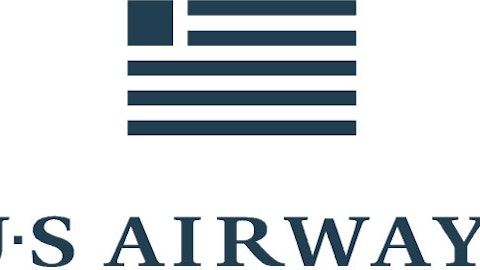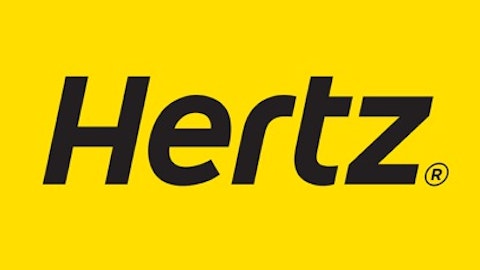When you go to a travel site like Expedia Inc (NASDAQ:EXPE), Travelocity, or Orbitz Worldwide, Inc. (NYSE:OWW) to book a trip, the websites will often offer travel packages complete with airfare, rental car, and hotel lodging. And they do this for a good reason. Not only do the booking sites make more money through more sales, but they also know travelers often require multiple purchases to fulfill their travel experience. This is a lesson for investors looking to play a rebound in both business and leisure travel. By making investments across multiple travel segments, investors can diversify their risk while maintaining an overall orientation towards a bullishness on travel.
Airline
There’s a lot to look at in the airline industry with a wave of mergers allowing for fare increases and fee increases. Legacy carriers are beginning to shake off the image of bankruptcy and are posting solid profits once again, while rivals such as Southwest Airlines Co. (NYSE:LUV) continue expansion and discount carriers like Spirit Airlines Incorporated (NASDAQ:SAVE) show just what passengers will endure to get a cheaper fare.
My pick in this sector is Delta Air Lines, Inc. (NYSE:DAL) as it provides exposure to both business and leisure travel on a massive scale. A worldwide network of both Delta flights and SkyTeam partner flights gives investors the ability to benefit from both U.S. travel demand and worldwide growth. When it comes to moving in this industry, Delta isn’t standing still either. In a move to attract more business travelers, Delta purchased a 49 percent equity stake in Virgin Atlantic to provide more flights to London Heathrow from Delta Air Lines, Inc. (NYSE:DAL)’s recently renovated New York operations.
The airline is even trying to manage its fuel costs by purchasing an oil refinery. Although Delta Air Lines, Inc. (NYSE:DAL) will still be unable to control the actual cost of oil, the refinery purchase is expected to help the airline narrow the crack spread and is expected to save Delta Air Lines, Inc. (NYSE:DAL) $300 million annually.
Rental car
When you get to your destination, there is a pretty good chance you will need to rent a car. In this way, air travel helps to fuel rental car demand as travelers need a mode of transportation at their destination. In this sector, there are three large rental car companies, of which only two are publicly traded. Privately owned Enterprise Holdings locks up the top spot but Hertz Global Holdings, Inc. (NYSE:HTZ) and Avis Budget Group Inc. (NASDAQ:CAR) are strong competitors in the field as well.
Earnings for both companies are expected to see strong increases over the next few years as demand picks up and reduced competition helps to fuel price increases. Hertz gained attention when Barron’s featured the company, suggesting its shares could rise 70 percent over the next few years. The trends that paint this positive picture for Hertz are similar to those that will be affecting Avis over the next few years.




